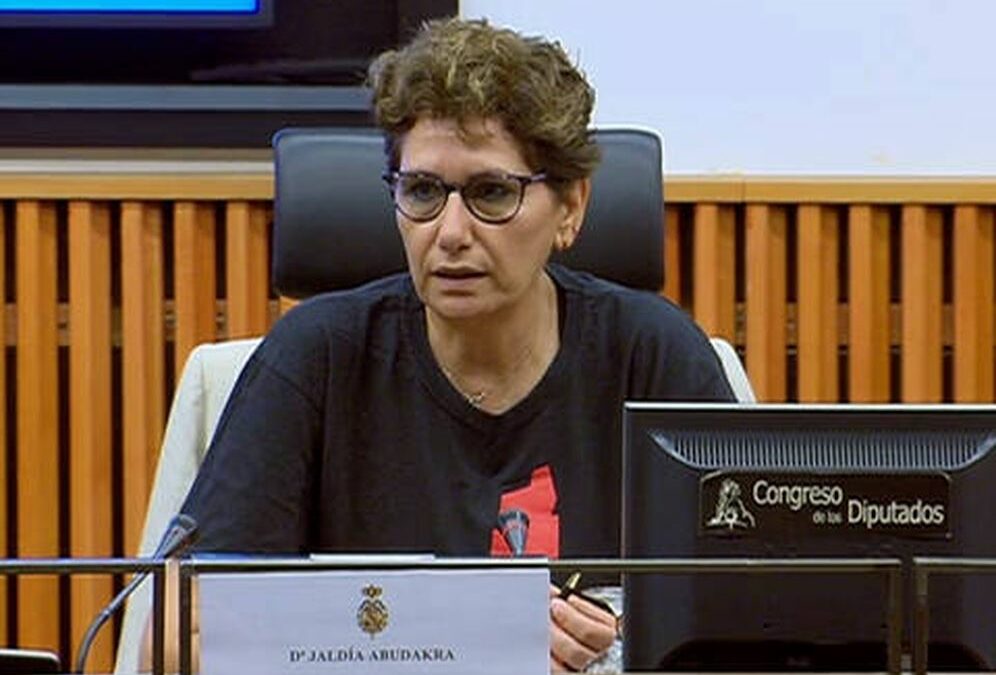Jaldía Abubakra, member of the executive committee of the Masar Badil, the Palestinian Alternative Revolutionary Path Movement, called for “an immediate intensification of popular and political struggle efforts within Palestinian diaspora communities everywhere, in order to isolate the Zionist entity and hold it accountable for its ongoing crimes against the Palestinian people.” She added that “the enemy continues to practice siege, murder, land theft and brutality against prisoners in the occupation’s jails.”
Abubakra emphasized that the current stage requires “unifying initiatives and popular mobilizations abroad, and imposing a comprehensive economic, cultural and political boycott on the occupation entity, in addition to exerting political pressure on governments around the world to stop all forms of support and recognition of the occupation, and especially to put an end to what is called ‘the two-state solution’” but is, in actuality, aimed at the liquidation of the Palestinian cause.
She emphasized the need to activate international legal channels to prosecute the leaders of the occupation and war criminals before relevant domestic courts and international bodies, and called for the formation of popular and specialized committees to document the crimes and support legal dossiers.
Abubakra further affirmed the central role of trade unions, student organizations and women’s, human rights and media organizations in denouncing those responsible for genocide through normalization and complicity, and in securing much-needed human and material support for the Palestinian people inside occupied Palestine, especially in Gaza, and in the refugee camps.
She urged broad support and involvement in the reconstruction of Gaza and to strengthen the resistance of the Palestinian people. She further warned against relying on often-conditional “international aid,” considering that “our work in rebuilding the healthcare, education and infrastructure sectors in Gaza strengthens the construction of national sovereignty, supports the resistance and is no less important than direct confrontation with the enemy and its instruments.”
She concluded by saying: “We will not renounce our right to accountability and justice until liberation and return are achieved. The voice of the diaspora is an inseparable part of the comprehensive front of resistance against the occupation and against all who support it.”

